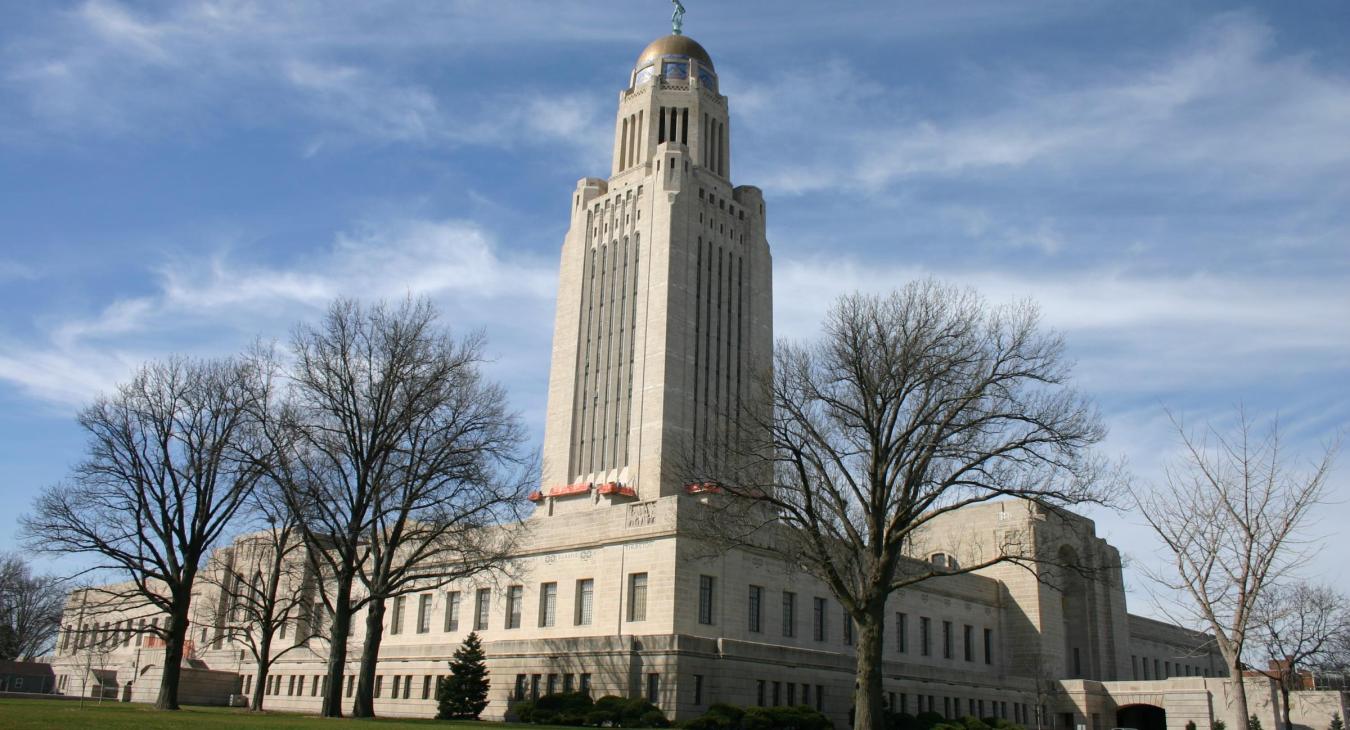by James Dukesherer
As I write this month’s legislative update, the 2023 Nebraska Legislative session is well underway. Hundreds of bills have been introduced, and the Nebraska Rural Electric Association (NREA) has begun our efforts to analyze each bill to better understand how it may impact our member-system public power districts and electric cooperatives.
Already it is clear that access to broadband internet will continue to be an important topic of discussion among policymakers. Nebraska can expect more than $200 million in federal funds to be distributed across our state to increase connectivity in unserved areas and provide better service in underserved areas. As federal funds become available for expanded broadband development, the Legislature will continue to weigh in on how and where these funds are deployed.
The NREA has found itself in a unique position to advocate for better rural broadband across the areas our members serve. Federal funding allocations for broadband grants are allocated based on existing broadband coverage. Broadband coverage is detailed in maps that have been developed by the Federal Communications Commission (FCC). Unfortunately, Nebraska’s maps have largely overstated the levels of broadband coverage our state enjoys, thus we can expect to receive fewer funds for deployment. Additionally, these maps understate the number of “broadband serviceable locations.” These are locations where service is needed and qualify to be counted as served, underserved, or unserved.
As the FCC has tried to develop accurate broadband service maps, they have overlooked many of Nebraska’s rural homes and businesses that should be included. Nebraska’s rural public power systems are uniquely qualified to provide an accurate count of broadband serviceable locations. We are very well aware of where each rural home and business resides. We have an electric meter at each location, and we can very accurately show a location where broadband coverage is needed. As Nebraska continues to challenge the accuracy of the federal broadband maps, the NREA and our members will continue to press this issue to ensure that rural areas are accurately counted and rural Nebraska receives the broadband deployment funds that we are due.
Beyond broadband location challenges, rural citizens like you have a role to play in developing accurate broadband service maps. The existing FCC maps overstate the broadband speeds available at more than one million locations across the state. If a location is deemed to already have broadband service (service at speeds greater than 25/3 Mbps), then it is no longer eligible for federal funds. The vastly overstated level of coverage apparent in the existing FCC maps will certainly result in a reduction in the number of federal funds our state receives.
Every citizen can access these maps and see for themselves the coverage that is claimed to be available at their home or business. The map is available at: broadbandmap.fcc.gov/home. Once you locate your home or business, look over the list of providers that claim to serve your location and the speed of service they claim to provide. Focus on any providers providing service at levels higher than 25/3 Mbps. If you believe that a company is claiming to provide “broadband” service at 25/3 levels when in fact they do not offer that service, consider challenging this claim. Go to the provider’s website, create a chat, and ask what speeds you can get at your location. If they tell you that 25/3 speeds or better are not available at your location, copy and paste the conversation into a Word document, return to the FCC website, and click “Availability Challenge” which is located above the table of providers listed at your location. Each citizen that files a challenge to these maps strengthens our position on this issue.
The NREA is optimistic that our collective efforts will help to demonstrate Nebraska’s expansive need for better broadband coverage. Even as we make this argument, the NREA will continue to advocate for using these funds in the unserved areas of our state and reaching out as far as possible into the truly rural areas, beyond the city limits. As we hear about legislation this year that will bring broadband to rural Nebraska, please keep a keen eye on those rural Nebraskans that do not dwell within city limits. As we watch the debate unfold in the Legislature, the Public Service Commission, and within our new governor’s broadband office, the NREA will be watching to ensure no one is left without true access to service.

